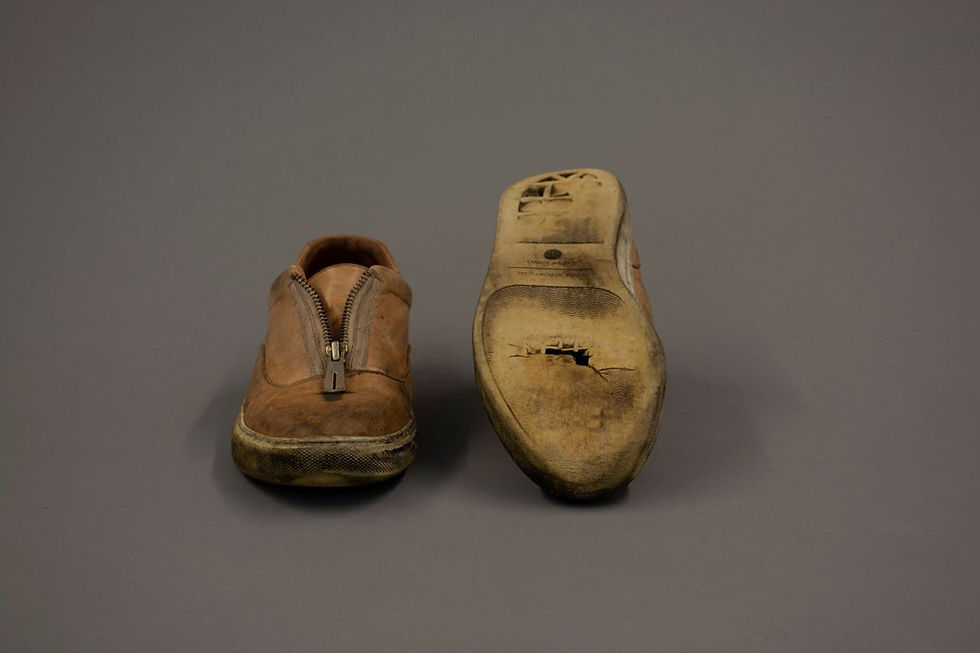2023.13: The Collapse of Tunisia's Democracy
- Professor Floros

- Jul 29, 2023
- 2 min read
Updated: Jul 31, 2023

Professor Sharan Grewal
Assistant Professor of Government, College of William and Mary
Nonresident Fellow, Center for Middle East Policy, The Brookings Institution
Research Fellow, Middle East Initiative, Harvard University (2023-2024)
Professor Grewal's publications

Soldiers of Democracy? Military Legacies and the Arab Spring, Oxford University Press, July 2023
"Political, not Partisan: Tunisia's General Labor Union under Democracy," Comparative Politics, 54(3): 453-475, April 2022, with Dina Bishara
"From Islamists to Muslim Democrats: The Case of Tunisia's Ennahda," American Political Science Review, 114(2): 519-535, May 2020
"Tunisia's Foiled Coup of 1987: The November 8th Group," Middle East Journal, 74(1): 53-71, Spring 2020
"Down and Out: Founding Elections and Disillusionment with Democracy in Egypt and Tunisia," Comparative Politics, 51(4): 497-539, July 2019, with Steve Monroe
Tunisia revolution timeline
2010: Arab Spring begins when a Tunisian street vendor set himself on fire after being harassed by police

January 14, 2011: President Ben Ali flees into exile in Saudi Arabia
October 2011: Ennahda wins the most seats in a new parliament; forms coalition government with 2 secular parties
February & July 2013: Two secular politicians assassinated by Islamic extremists
December 2013: Ennahda cedes power to a technocratic government in compromise over a new constitution
January 2014: Parliament approves new constitution, guaranteeing personal freedoms, and splitting power between a president and prime minister
December 2014: Beji Caid Essebsi (Nidaa Tounes) wins first presidential election; Ennahda comes in second in parliamentary elections; unity government is formed with Nidaa Tounes, Ennahda, and two other parties
March 2015: Islamic State attacked the Bardo Museum in Tunis, killing 20 tourists and a police officer
October 2015: The Tunisian National Dialogue Quartet of civil society groups are awarded the Nobel Peace Prize for their role in mediating a political solution to the constitutional impasse in 2013/2014
November 2015: Suicide bombing kills 12 soldiers
March 2016: Security forces repel attack by ISIS-affiliated group on the Libyan border in the southern Tunisian town of Ben Guerdane
July 25, 2019: President Essebsi dies
October 2019: Kais Saied elected president
July 25, 2021: Kais Saied closes parliament and centers all power in himself

July 25, 2022: New constitution passes with only 30% voter turnout, creating a hyper-presidential system
December 2022/January 2023: Parliamentary elections draw 11% voter turnout
References to non-Tunisian politics

Gaddafi's Power to the People
Hajjar, Sami G. 1980. "The Jamahiriya Experiment in Libya: Qadhafi and Rousseau," The Journal of Modern African Studies, 18(2): 181-200
Autogolpe (self-coup) in Peru (1992)




Comments